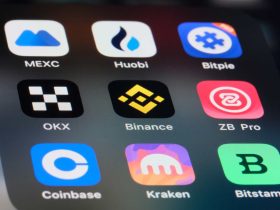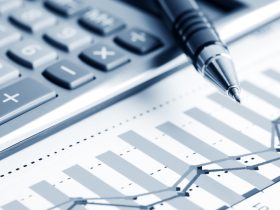By Ann Saphir
(Reuters) – Ahead of their policy-setting meeting this month, Federal Reserve policymakers have been pretty clear about two things: They are not itching to raise interest rates, but few among them are ready to declare victory, either.
The U.S. central bank has lifted its policy rate by 5.25 percentage points over the last 18 months, raising the cost of borrowing for households and businesses to temper demand and cool what had been 40-year high inflation.
Those higher rates have begun to bite: Job growth has slowed, and inflation in the last couple of months has come down sharply, hitting 3.3% by the Fed’s preferred measure in July, down from 7% last summer.
And for now, even the Fed’s more hawkish policymakers are content to let the data play out, even as they monitor whether surprisingly strong consumer spending and a still-tight labor market could feed inflationary pressures.
“Another skip could be appropriate when we meet later this month,” Dallas Fed President Lorie Logan said late on Thursday. “My base case, though, is that there is work left to do.”
Logan was among the last of Fed policymakers to speak before they begin a week and a half of public silence in the lead-up to their Sept. 19-20 policy-setting meeting.
And while fellow policymakers hold a range of views, none have pushed back strongly against broad financial market expectations the Fed will leave its policy rate in the current target range of 5.25%-5.5% at that meeting.
“We can just sit” and wait to see if inflation continues to trend downward, the usually hawkish Fed Governor Chris Waller said earlier this week.
DATA AND FORECASTS
Fresh Fed forecasts to be published at the close of this month’s meeting will show how policymakers as a group expect inflation and unemployment to behave, and whether they like Logan think further tightening is likely to be needed.
In June, the last time the Fed published economic projections, two-thirds of Fed policymakers indicated they thought rates would need to rise to above 5.5% by year’s end in order to bring inflation down sustainably to the Fed’s 2% goal.
“It’s still an open question as we go forward: Have we got sufficiently restrictive to achieve that,” New York Fed President John Williams said on Thursday.
Williams, like others, said he’s watching the data closely to guide policy. Chief among data to be released before the upcoming meeting is a read on the Labor Department’s Consumer Price Index next Wednesday, which is expected to show inflation by this measure having ticked up to 3.6% last month due largely to higher gas prices.
Underlying price pressures, however, likely continued to cool, according to a Reuters poll of economists.
Other data expected next week include retail sales and the Producer Price Index, neither of which are expected to challenge progress towards what Chicago Fed President Austan Goolsbee calls the “golden path” of slowing inflation without a recession.
Still, rate-setters are on the lookout for potholes, including a potential autoworkers strike that could, Goolsbee says, have a material impact on policy.
On the other side of the ledger, unexpectedly strong data in coming weeks and months could firm up the case for another rate hike before the end of the year. Financial markets are currently pricing in about a 40% chance of that.
Read the full article here













Leave a Reply